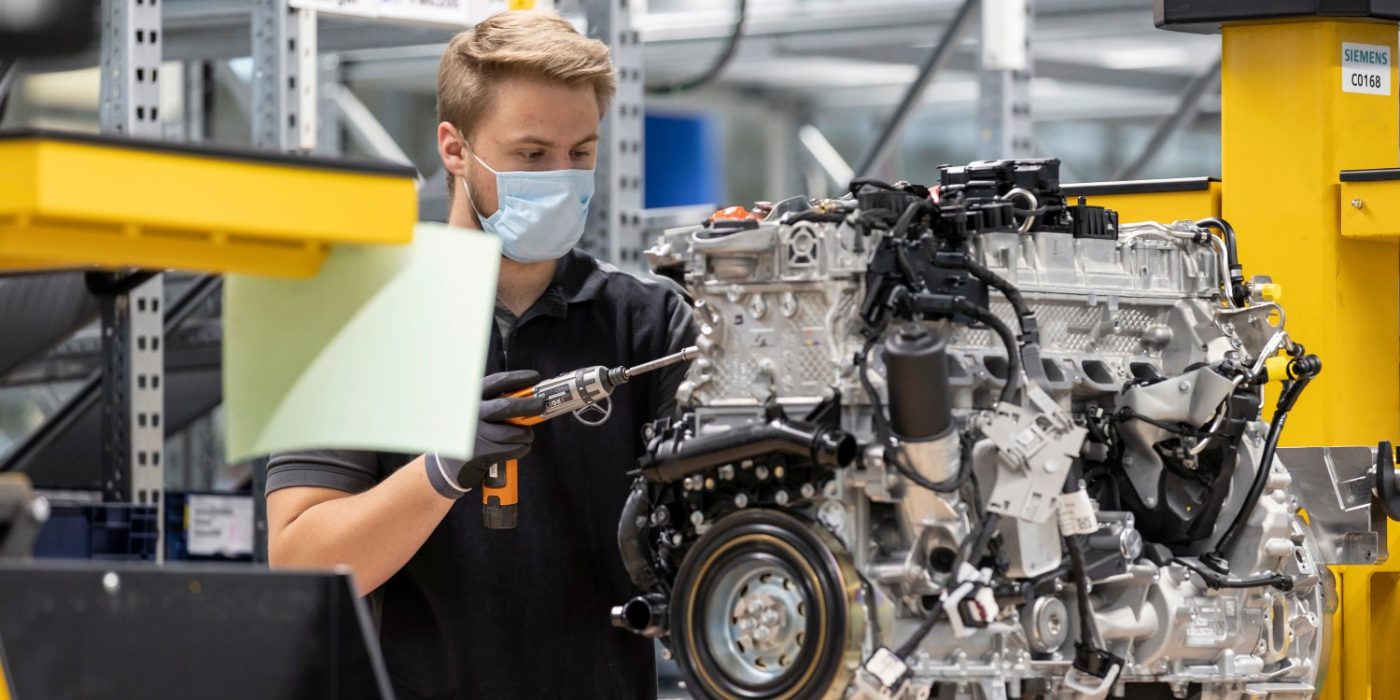Daimler Truck to realign production strategy
Daimler Truck and the works council have agreed on key points for the future orientation and safeguarding of the aggregate plants. The three locations Gaggenau, Kassel and Mannheim will specialise in different components of electrified drives.
In the future, they will drive the global production of battery-electric and hydrogen-based drive systems in a production and technology network for electric drive components and battery systems, together with the sister plant in Detroit. Several major investments are to accompany the realignment.
The Mercedes Benz plant in Gaggenau, which specializes in heavy-duty commercial vehicle transmissions, will be turned into a competence centre for electric drive components, as well as the assembly of hydrogen-based fuel cell drive components. The Kassel Mercedes-Benz plant is to be expanded in its current focus on commercial vehicle axles and will become a competence centre for electric drive systems.
The Mercedes-Benz plant in Mannheim, which is currently specialized in commercial verhicle engines, benefits from more than 25 years of experience of the Competence Centre for Emission-free Mobility, which is located at the plant, and will be focusing on battery technologies and high-voltage-systems. Important scopes for alternative drives, such as the production of electric axle systems, e-motors and inverters, as well as the assembly of fuel cell systems, will be integrated into the powertrain plants in the future, in addition to investments in the reprocessing and recycling of battery systems.
In addition to the specialization of the plants, the development of electric drive components and battery systems is to be further supported by the establishment of so-called ‘innovation laboratories’ (“InnoLabs”). In addition to the competence centres, the innovation labs are to be set up at all plants. They will then specialize in “innovative production processes, new technologies and products”. According to Daimler, the aim of the labs is to close the gap between prototype production and series development.
“Our industry is undergoing a transformation toward CO2-neutral trucks. Since conventional drive systems will also be with us for some years to come, we are focusing the future orientation of our powertrain plants primarily on flexibility, cost-effectiveness and very well-trained employees,” said Yaris Pürsün, Head of Global Powertrain Operations Daimler Truck, adding: “This had to be reconciled in our negotiations with the Works Council. With the production and technology network for electric drive components and battery systems in conjunction with the competence centres at the plants, we have succeeded in doing so. In this way, we are creating optimum conditions for maximum competitiveness for our plants and at the same time laying the foundations for a successful future.”





0 Comments